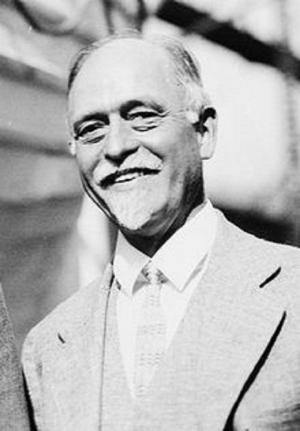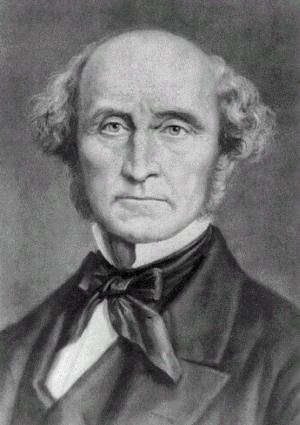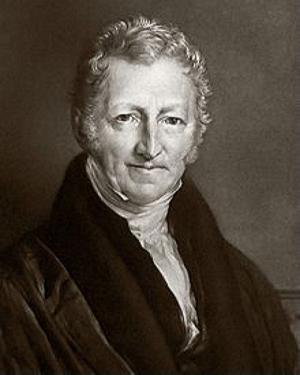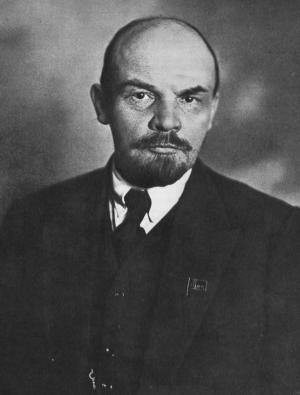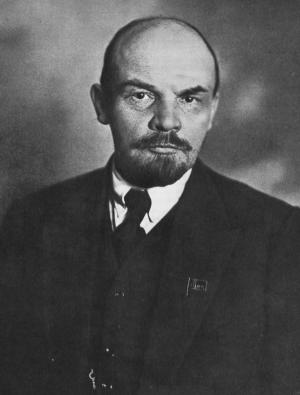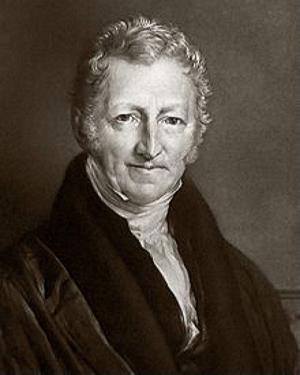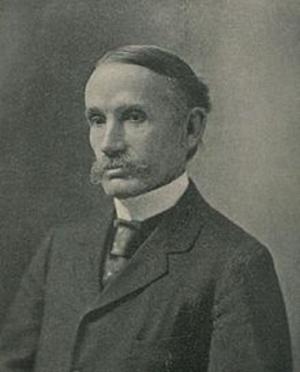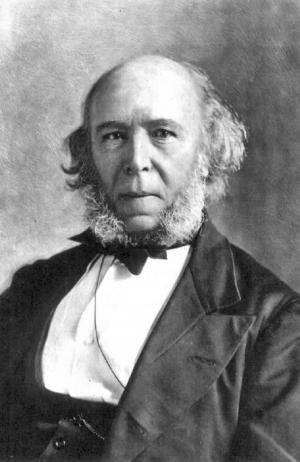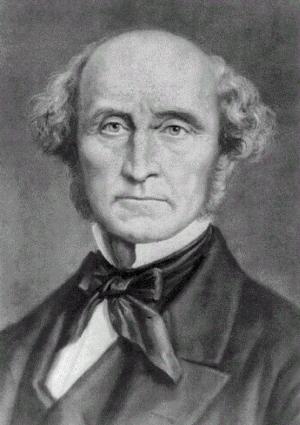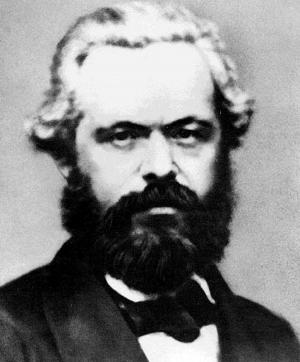John Keynes and Thorstein Veblen on The Economic Consequences of the Peace and An Inquiry into the Nature of Peace (Illustrated)
Business & Finance, Economics, Macroeconomics, Theory of Economics| Author: | John Keynes | ISBN: | 1230000268349 |
| Publisher: | AS Team | Publication: | September 16, 2014 |
| Imprint: | Language: | English |
| Author: | John Keynes |
| ISBN: | 1230000268349 |
| Publisher: | AS Team |
| Publication: | September 16, 2014 |
| Imprint: | |
| Language: | English |
The book has an active table of contents for easy access to each chapter of the following titles:
1. The Economic Consequences of the Peace – John Keynes
2. A Revision of the Treaty – John Keynes
3. An Inquiry into the Nature of Peace and the Terms of its Perpetuation - Thorstein Veblen
4. Review of John Maynard Keynes, The Economic Consequences of the Peace - Thorstein Veblen
John Keyes made essential contributions to classical economics and has been called the most influential classical economist along with Adam Smith, Thomas Malthus, John Stuart Mill, and Karl Marx.
In addition to the theory of Keynesian economics, Keynes’s most important legacy is on the subjects of war and economy.
After Keynes attended the Versailles Conference as a delegate of the British Treasury, he wrote the book The Economic Consequences of the Peace in 1919 to establish a general opinion that the Versailles Treaty was a Carthaginian Peace. The book also helped to consolidate American public opinion against the treaty and involvement in the League of Nations.
Keynes was also a key player in establishing the Bretton Woods system and Marshall Plan after Second World War due to his lessons learned from Versailles as well as the Great Depression. You can see those real economic systems helped by Keynes similar to that proposed in The Economic Consequences of the Peace.
Keynes is usually credited to lay out the theoretical foundation for the United States to form Marshall Plan to response to Soviet ‘Salami Tactics’ after the Second World War.
John Keynes after the First World War in the book THE ECONOMIC CONSEQUENCES OF PEACE and A REVISION OF THE TREATY given a powerful discussion about the core economic subjects of war, global political issues, and economic development. A Revision of the Treaty is a sequel to The Economic Consequences of Peace.
John Keynes was also one of those rare people who achieved both tremendous investing success and lasting fame. When he died, his estate was worth more than $17 million in today’s dollars. The path of value theory can be traced back to David Ricardo and John Keynes. Ricardo and Keynes pioneered the path of value investing continued by Benjamin Graham, Philip Arthur Fisher, and Warren Buffett in the United States.
Veblen is a great American economist in the many economic thoughts for combining a Darwinian evolutionary perspective with his new institutionalist approach to economic analysis. He developed a 20th-century evolutionary economics based upon Darwinian principles and new ideas emerging from anthropology, sociology, and psychology. Veblen’s important works includes The Theory of the Leisure Class and The Theory of Business Enterprise.
Two years before Keynes published The Economic Consequences of the Peace, Veblen published his book Inquiry into the Nature of Peace to explore the pressing issue of Keynes day how to create a lasting and healthy peace and ensure the positive impact of peace on economy. Veblen also addressed peace issue with the book Inquiry into the Nature of Peace in a much broader scope as the follows:
1) How industry might contribute to peace
2) How the concept of patriotism can undermine efforts toward peace
3) How modern commerce can unify nations
4) Why honor must be sustained by surrendering nations
5) How war in the 20th century is a battle between modes of government and national character
In 1920, Veblen turned his expertise to write Review of John Maynard Keynes, The Economic Consequences of the Peace to access Keynes view for peace impact on economy.
This is a must-read book for people who are also interested in the deepest thoughts and views about war, global politics, and economic development by John Keynes and Thorstein Veblen, two of the greatest economic thinkers on the planet.
The book has an active table of contents for easy access to each chapter of the following titles:
1. The Economic Consequences of the Peace – John Keynes
2. A Revision of the Treaty – John Keynes
3. An Inquiry into the Nature of Peace and the Terms of its Perpetuation - Thorstein Veblen
4. Review of John Maynard Keynes, The Economic Consequences of the Peace - Thorstein Veblen
John Keyes made essential contributions to classical economics and has been called the most influential classical economist along with Adam Smith, Thomas Malthus, John Stuart Mill, and Karl Marx.
In addition to the theory of Keynesian economics, Keynes’s most important legacy is on the subjects of war and economy.
After Keynes attended the Versailles Conference as a delegate of the British Treasury, he wrote the book The Economic Consequences of the Peace in 1919 to establish a general opinion that the Versailles Treaty was a Carthaginian Peace. The book also helped to consolidate American public opinion against the treaty and involvement in the League of Nations.
Keynes was also a key player in establishing the Bretton Woods system and Marshall Plan after Second World War due to his lessons learned from Versailles as well as the Great Depression. You can see those real economic systems helped by Keynes similar to that proposed in The Economic Consequences of the Peace.
Keynes is usually credited to lay out the theoretical foundation for the United States to form Marshall Plan to response to Soviet ‘Salami Tactics’ after the Second World War.
John Keynes after the First World War in the book THE ECONOMIC CONSEQUENCES OF PEACE and A REVISION OF THE TREATY given a powerful discussion about the core economic subjects of war, global political issues, and economic development. A Revision of the Treaty is a sequel to The Economic Consequences of Peace.
John Keynes was also one of those rare people who achieved both tremendous investing success and lasting fame. When he died, his estate was worth more than $17 million in today’s dollars. The path of value theory can be traced back to David Ricardo and John Keynes. Ricardo and Keynes pioneered the path of value investing continued by Benjamin Graham, Philip Arthur Fisher, and Warren Buffett in the United States.
Veblen is a great American economist in the many economic thoughts for combining a Darwinian evolutionary perspective with his new institutionalist approach to economic analysis. He developed a 20th-century evolutionary economics based upon Darwinian principles and new ideas emerging from anthropology, sociology, and psychology. Veblen’s important works includes The Theory of the Leisure Class and The Theory of Business Enterprise.
Two years before Keynes published The Economic Consequences of the Peace, Veblen published his book Inquiry into the Nature of Peace to explore the pressing issue of Keynes day how to create a lasting and healthy peace and ensure the positive impact of peace on economy. Veblen also addressed peace issue with the book Inquiry into the Nature of Peace in a much broader scope as the follows:
1) How industry might contribute to peace
2) How the concept of patriotism can undermine efforts toward peace
3) How modern commerce can unify nations
4) Why honor must be sustained by surrendering nations
5) How war in the 20th century is a battle between modes of government and national character
In 1920, Veblen turned his expertise to write Review of John Maynard Keynes, The Economic Consequences of the Peace to access Keynes view for peace impact on economy.
This is a must-read book for people who are also interested in the deepest thoughts and views about war, global politics, and economic development by John Keynes and Thorstein Veblen, two of the greatest economic thinkers on the planet.



